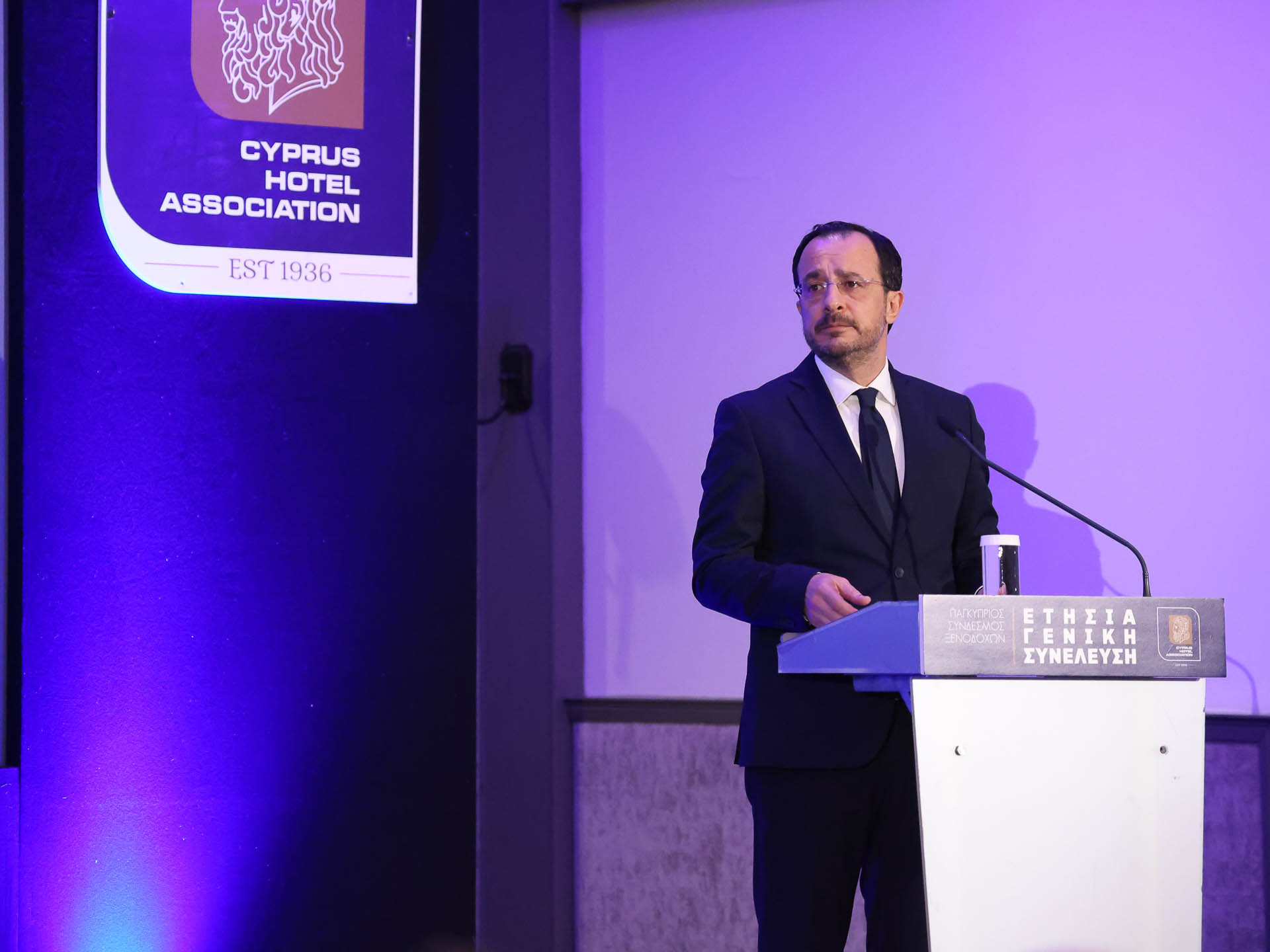There were murmurings of discontent at the AGM of the Cyprus Hoteliers Association (Pasyxe), with fears expressed that results for this year would be down on 2023. The president of Pasyxe, Thanos Michaelides, said that “our industry is facing substantive difficulties, which reduce its profitability” and that hotel occupancy rates “will be reduced compared to those of 2023.”
Nobody should be surprised if there is a drop in numbers and revenue. The war in Ukraine, which has stopped direct flights from Russia, continues, Israel, which was an expanding market, is at war, the economy of the UK, our biggest market, is struggling, some airlines have reduced flights and a large German tour operator has gone bankrupt. Under the circumstances it would be naive to expect this to be a good year for the tourism industry.
Hoteliers should also bear in mind that there is a war raging in our region that could put off holidaymakers, even assuming they have not heard the direct threats made by the leader of Hezbollah. Such regional instability and uncertainty, from which Cyprus cannot be insulated, is bound to have a bearing on the decisions of tourists and affect the hotel industry. The priority of the hoteliers, in these conditions, should be economic survival rather than profitability.
The extra €10 million, President Christodoulides said the government would allocate to the promotion of Cyprus abroad is unlikely to make much of a difference in the current conditions. Perhaps Michaelides’ remark that radical changes had to be made in promoting Cyprus, was a diplomatic response to the president’s spending announcement. He wants collective action, by which all tourism stakeholders “would set goals and achieve them the soonest possible.”
What would these goals be? For years we have been hearing about attracting quality tourism, when our business model has always been focused on mass tourism. This will not change with radical policies. Even the idea that the tourism industry must record growth every year must be questioned as a constantly expanding industry is unsustainable. How many more hotels have to be built? Michaelides complained on Tuesday that hotel occupancy rates were at 50 per cent, but he attributed this to a third of visitors arriving in Cyprus staying in the north or in unlicensed accommodation. Perhaps there are more hotel beds available as well.
The big question for Cyprus tourism that nobody is addressing, is its sustainability. How many more hotel beds should be made available before we decide there are enough? The market will eventually answer the question in a rather brutal way for many businesses, but is there a need to reach this point? Tourism stakeholders and the government should be having this discussion now instead of constantly seeking more arrivals and complaining when numbers are slightly down. We must realise that tourism is not only about the numbers.







Click here to change your cookie preferences